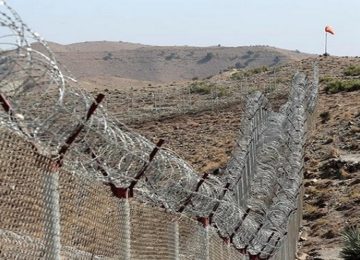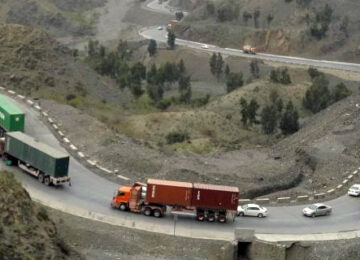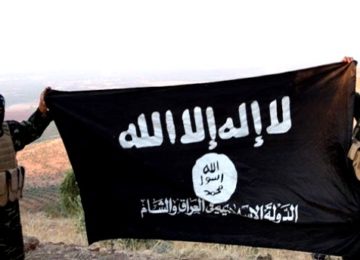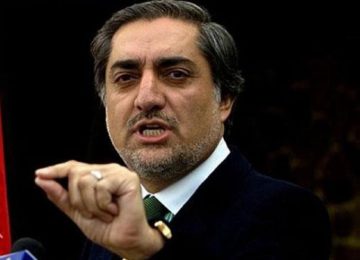In an attempt to bridge the growing trust deficit between the two neighbouring countries, Chief of Army Staff (COAS) General Qamar Javed Bajwa visited Kabul on Sunday to hold discussions with Afghan authorities.
During a meeting with Afghan President Ashraf Ghani, matters of regional security and counter-terrorism efforts were discussed, Tolo News reported.
“Both sides discussed various important issues including security in the region, bilateral relationships, peace and stability, anti-terror efforts, business and transit relationships, and mid-term and long-term relationships between Afghanistan and Pakistan,” Tolo news said, quoting a statement from the Afghan president’s office.
During the meeting, the army chief expressed Pakistan’s willingness to cooperate with Afghanistan in counter-terrorism efforts, reiterating Pakistan’s support for an Afghan-led and Afghan-owned peace process, Tolo News reported.
Ghani emphasised the need for task teams and monitoring mechanisms to be established to create a cooperation framework and ensure implementation of promises and deadlines, according to Tolo News.
“Peace and stability are for the benefit of both Pakistan and Afghanistan and could lift the people in both countries out of poverty,” Tolo News quoted the Afghan president as saying.
Pakistan agreed with Ghani’s suggestion, promising its task teams will draft implementation plans, the daily added.
Relations between Pakistan and Afghanistan have been strained for some time; Islamabad alleges that the militant Islamic State (IS) group, Tehreek-i-Taliban Pakistan (TTP) and other militant groups are operating from bases inside Afghanistan, and has provided specific names of the militants it wants the Afghan government to act against.
Kabul also levels similar charges, saying that it is suffering at the hands of Taliban groups and other militants operating from inside Pakistani territory. But Islamabad has always denied such accusations, insisting that a strong and stable Afghanistan is in its best interests.
Pakistani authorities maintain that militants fleeing security operations have taken shelter in Afghanistan and are plotting attacks against the country with the help of Afghan intelligence.
The Quadrilateral Coordination Group, which includes the two countries as well as the US and China, has been dysfunctional for well over a year now.
The US, which has been busy with a review of its policy on Afghanistan and South Asia, has stayed away.
However, a fresh tripartite meeting — without Beijing — held in Kabul earlier this month renewed all parties’ resolve to eliminate IS from the region and identified “information sharing, complementary efforts and enhanced cooperation” as the main areas for cooperation.
In a talk at the Asia Society in New York earlier this week, Foreign Minister Khawaja Asif had criticised US attempts to single out Pakistan for all ills plaguing war-ravaged Afghanistan.
Pakistan, he said, had in the past done all it could to facilitate a political settlement in Afghanistan, making sure that Pakistani soil was not used against any country.
However, he maintained that Islamabad could not take responsibility for Afghanistan’s peace and security and be asked to achieve what the combined strength of some of the most powerful and richest countries could not accomplish.
This article was published by Dawn News on October 1, 2017. Original link.








